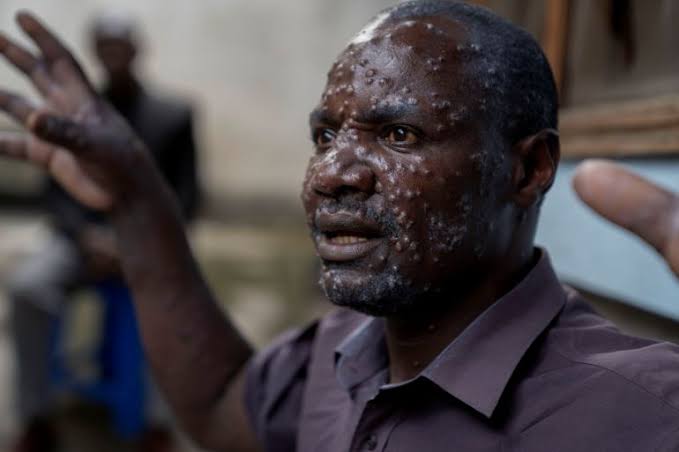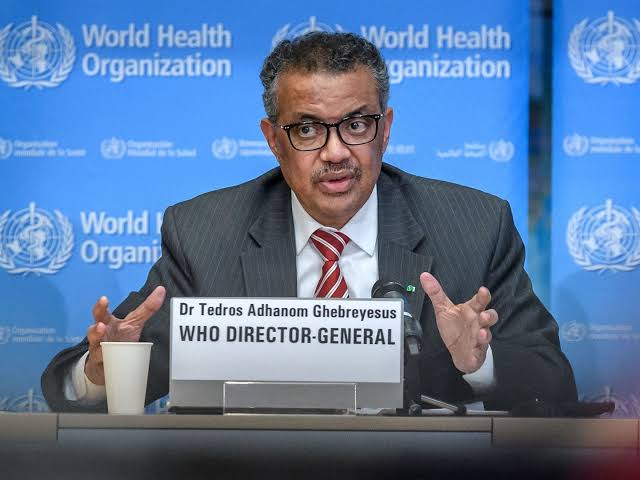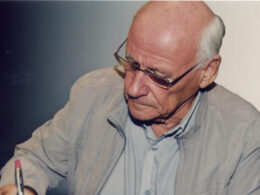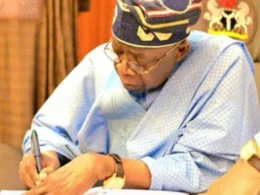WHO Announces Highest Level Of Alert For Monkeypox(Mpox)
The World Health Organization (WHO) has declared the ongoing mpox outbreak in Africa a global health emergency, following the spread of a deadlier strain of the virus, clade Ib, to four previously unaffected countries. The virus, which was largely confined to the Democratic Republic of Congo (DRC), has now raised international concern.
WHO Director-General Tedros Adhanom Ghebreyesus announced the decision on Wednesday, describing the situation as “very worrying.” The declaration, officially termed a Public Health Emergency of International Concern (PHEIC), is the highest level of alarm under international health law.
“The detection and rapid spread of a new clade of mpox in eastern DRC, its detection in neighboring countries, and the potential for further spread within Africa and beyond is very worrying,” said Tedros.
The outbreak, which has seen more than 17,000 cases and over 500 deaths across 13 African countries, prompted the Africa Centres for Disease Control and Prevention to declare it a public health emergency of continental security on Tuesday. This marks the first such declaration by the agency since its inception in 2017.

Mpox, previously known as monkeypox, is a viral disease that spreads through close contact and contaminated materials. While the virus has been present in Central and West Africa for decades, it gained global attention in 2022 after spreading to Europe and North America. WHO previously declared a global health emergency for mpox in July 2022, which ended in May 2023.
The new clade Ib is noted for being more transmissible and causing more severe disease than the clades responsible for previous outbreaks. WHO officials emphasized the need for a coordinated international response, with vaccines and increased surveillance playing critical roles in containing the virus’s spread.
“There’s a lot of uncertainty. … We have an opportunity right now to really leverage this time and support our member states to support the research that needs to be done to understand this,” said Dr. Maria Van Kerkhove, WHO’s Director of Epidemic and Pandemic Preparedness and Prevention.










Join our Channel...